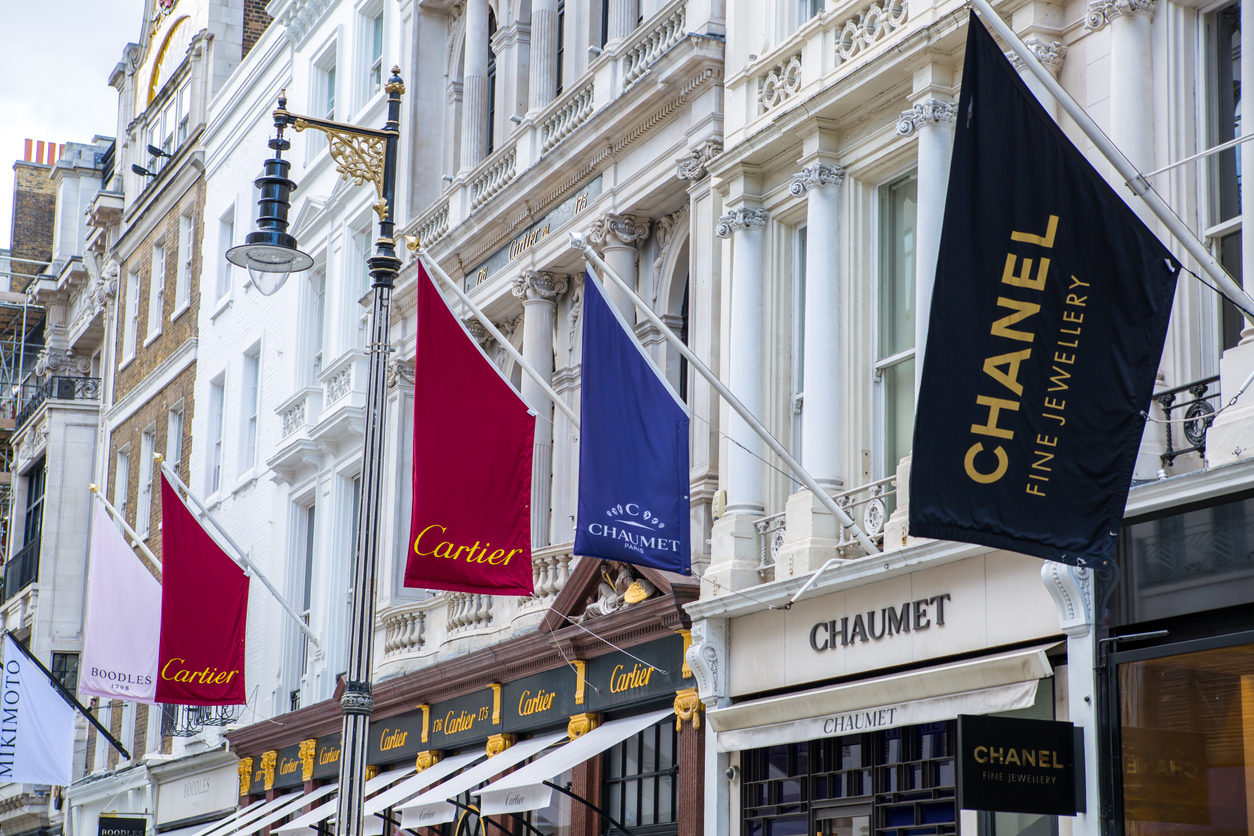Although Millennials and Gen Z have had their differences, they have one major thing in common for the luxury industry – they are both making up more and more of luxury brands’ customer bases. Millennials are expected to make up to 50% of the whole luxury market by 2025, and from February 2021 to February 2022, Gen Z and Millennial luxury purchases made up 60% and 63% of the total luxury market sales respectively.
As younger generations embed themselves into the luxury markets, they present a new set of challenges to the industry. As digital natives, they expect intuitive and modern online experiences. Not only this, but they also value authenticity and integrity in the brands they choose. Sustainability, in particular, cannot be an afterthought; it must be honest, transparent and backed by action.
To continue growing and take advantage of the opportunities these generations present, luxury brands must know how to connect with them and meet them in the mediums they are already using.
The future will be digitised
As digital natives, Millennials and GenZ tend to expect intuitive and modern online experiences from the brands that they follow or choose to buy from. One example of this is the involvement of brands with NFTs - blockchain-based digital tokens, which can be offered as exclusive rewards or collectables. For instance, 23% of Millennials now collect NFTs.
NFTs and luxury brands go hand-in-hand, and offering exclusive NFT rewards is something that leading brands are already starting to do. For example, Louis Vuitton launched an adventure game in the metaverse paying homage to its founder, where players could win one of 30 exclusive NFTs. By offering NFTs for users to purchase or win, such as NFTs of famous designs from a fashion brand, luxury companies can not only create new revenue streams for themselves but also engage their younger audiences and foster more loyalty and engagement amongst their customer base.
The metaverse itself is an important medium for luxury brands to explore and which they are now exploring, as in the case of Louis Vuitton’s game. According to a survey from Statistica, 74% of gamers in the metaverse were between the ages of 10-35, comprising current and future customers for luxury brands. A recent report from Klarna also revealed that more than six out of ten respondents from GenZ and Millennials who have already heard of the metaverse say they are interested in purchasing luxury goods via this new channel.
Luxury brands can harness this audience by offering exclusive experiences in the metaverse paired with NFTs and digital collectables. For instance, we saw something similar when Gucci launched its Gucci Garden in Roblox, drawing in a new audience. Customers could come to the Garden within the metaverse, and also buy exclusive NFTs.
Luxury brands could even go further by offering customers exclusive ‘wearable’ NFTs, which they could purchase and then have their avatar wear within popular games and the metaverse. These NFTs could even be customised, such as having the customer's name written across the back. Pairing NFTs with the metaverse in this way not only lets luxury brands engage with younger generations in their spaces and generate more loyalty with them, but it also lets them provide new opportunities for existing customers and new customers alike, particularly NFT collectors. These kinds of offerings also let brands benefit from new revenue streams, growing as a result of their younger audiences.
Taking responsibility with tech
Younger generations value the authenticity and integrity of brands, often making purchasing decisions for this reason. Sustainability is one of the most important elements for younger consumers; with climate change a major concern, conscientious consumers want to make sure that they are choosing brands that are as sustainable as possible. As such, luxury brands need to take all the necessary steps to ensure that younger audiences can see their authenticity.
Transforming supply chains in a way which enables transparent oversight for consumers will be a huge priority for brands looking to appeal to younger generations - and recent technological developments hold the key. One technology that brands can harness to authenticate their sustainable and ethical sourcing practices is blockchain. Blockchain’s inherent transparency means that brands could then prove the source of materials across their supplier network, with auditors and ultimately with their customers.
With applications such as track and trace, digital twins, or product passports, assets can be traced on the blockchain from source to shelf, proving sustainability, ethical sourcing practices, fair labour practices and more. Blockchain can also give customers details about sustainable sourcing. By giving customers access to a product’s history stored on the blockchain, they can be assured that the product they are purchasing, whether first-hand or at resale, meets their expectations for sustainability and ethical sourcing, giving brands a competitive advantage and appealing to younger customers.
The application of technologies like blockchain will be key for brands implementing solutions that appeal to this younger and more conscientious audience. Although they present challenges, younger generations also present an opportunity for luxury brands to harness new and innovative technologies, not only to grow with this unfamiliar audience but also to present new rewards to their existing customers. New generations are coming into the luxury space all the time. With new technologies, luxury brands can keep them there.
About the author: Lars Rensing is CEO of enterprise blockchain and Web3 solutions provider Protokol.
[ymal]









